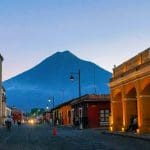The important role of women in community tourism
Alanna Wallace, senior manager of development and communications at Planeterra, chats about the importance of women in tourism as travel rebuilds, and how although women have been disproportionately impacted as a result of the pandemic, many of the foundation’s community partners have found success during this challenging time by pivoting their focus.
Can you talk a bit about how and why Planeterra is working to challenge gender biases and inequality around the world?
Planeterra is the world’s leading nonprofit organization using community tourism to tackle poverty. Women are an important part of the tourism sector, but face unique challenges around the world. According to the UNWTO, 54% of jobs in the tourism industry are held by women, but these are often lower level positions, and they earn 14.7% less than men, which the UNWTO attributes to a lack of access for women to education and formal training.
Out of our first 100 community tourism enterprise partners, Planeterra is proud to work with the 43 of those who are owned or run by women. In fact, taking that a step further, half of those are women who identify as BIPOC (Black, Indigenous, Person of Color) and Planeterra is committed to increasing this number as our partnerships grow. Even when not owned or run by a woman, 70% of Planeterra’s partners report that women are in active, leadership positions at their enterprises.
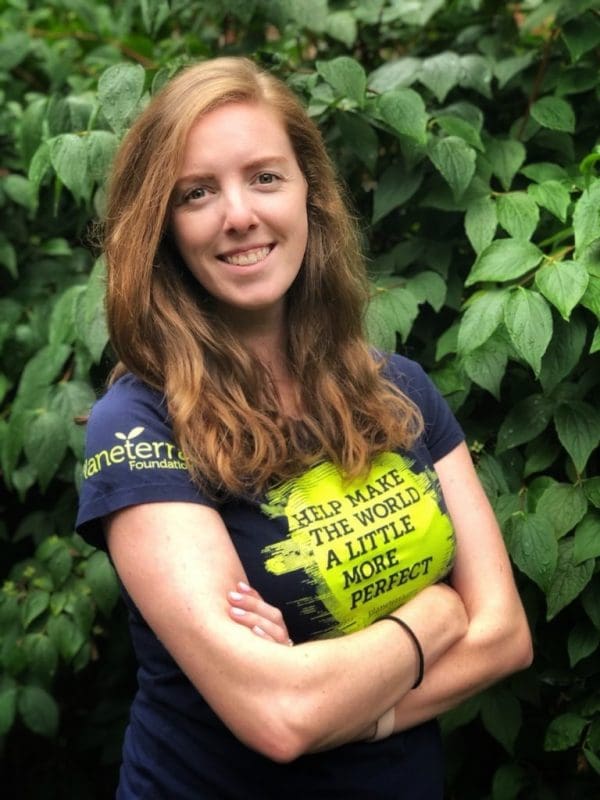
Alanna Wallace
We have seen the power that community tourism has to allow women to make better choices for their communities and families. In fact, when women earn an income, they invest 90% of it back into their families, compared with 35% for men. The more travellers prioritize visiting community tourism enterprises during their travels, the more income will be channeled to women, and the greater the impact on the communities.
Can you give us a few examples of community tourism projects run by women that you work with that have pivoted their focus and have adapted during COVID-19?
Planeterra’s women-led partners have been incredibly innovative and entrepreneurial during the last year. A number of the women-owned and led businesses that we partner with, and can be experienced on G Adventures’ tours, pivoted quickly during the COVID-19 pandemic.
One of the first we saw do so was one of our partners who runs handicraft shops and experiences for travellers, çöp(m)adam in Turkey. This project is a women’s cooperative with a shop travellers can visit to buy upcycled and recycled art and handicrafts. They started making masks very early on in the pandemic, as did our partners Ubuntu in Kenya, who also made and gave a mask to a frontline worker for each purchase. Both of these partners were able to keep their women employees productive while earning an income.
Planeterra has been hosting online training with our partners, and last month we had Ofelia from Mi Cafecito join us to share the lessons she has learned leading the Costa Rican coffee cooperative though the COVID-19 pandemic. She discussed the services and products the cooperative has created for the domestic market, like a well-liked hike to a local waterfall.
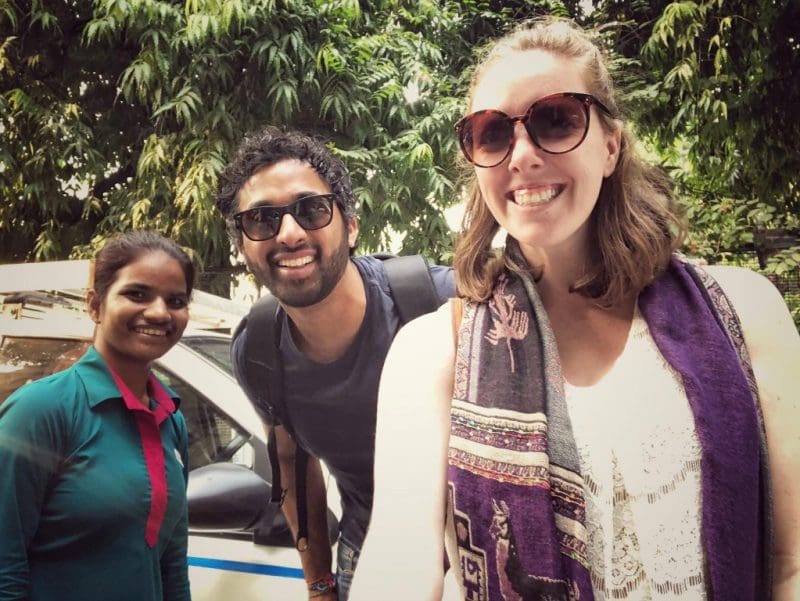
Is there an example or an anecdote that comes to mind of a community project that has thrived after women took on a leadership role or employment in general?
I have to highlight one of our Planeterra partners in Victoria Falls, Zimbabwe here. When we met the Lusumpuko Women’s Club, they were creating income opportunities for a small group by rearing chickens to sell, and catering for local weddings and events. They had dreams of growing their business to cater for international travellers – which is difficult in a tourist town like Victoria Falls where large companies have monopolized the industry. However, with some mentorship from Planeterra’s local team member, a Zimbabwean from Victoria Falls herself, a small kickstarter grant, and a connection to G Adventures travellers, the Lusumpuko Women’s Club has grown and added more members. They cater once a month for the local hospital, and report to us that they were able to put their kids in better schools because of this added income. All this group of innovative women needed was some training and market access, and their local meal is a highlight for travellers to the town.
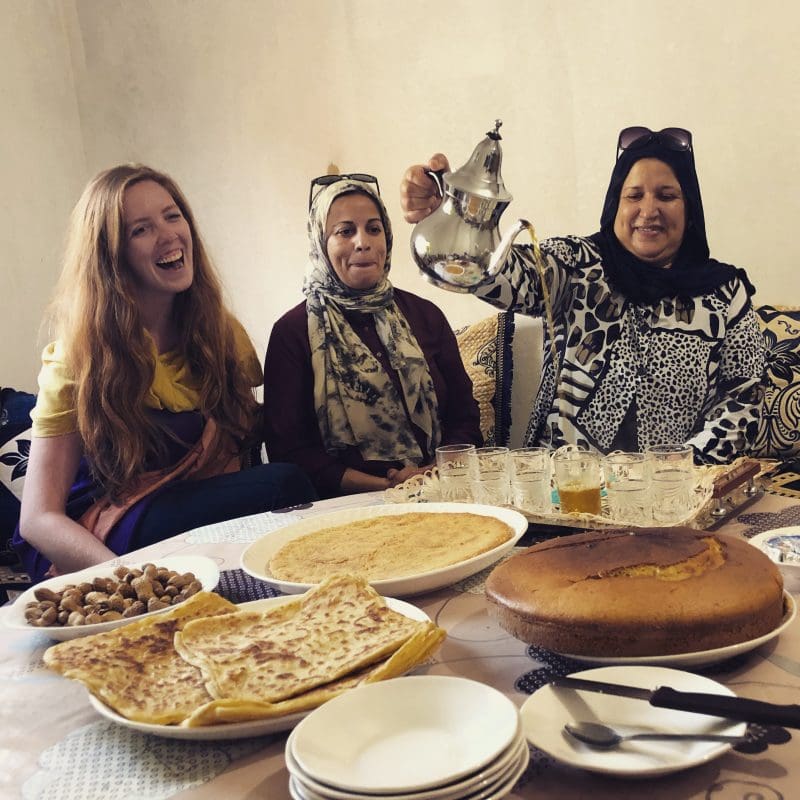
Around the world, many women have lost their jobs as a result of the pandemic. What are some of the things companies in the industry can be mindful of when recovery starts?
I’m not an expert in hiring practices or human resources, so I’ll speak more generally to the industry being able to provide support to community tourism enterprises which employ women around the world.
As travel recovers post-pandemic, travel companies should think about partnering with an organization like Planeterra, who can help integrate women-owned-and-run community tourism experiences into their tours. We have seen the power that community tourism has to allow women to make better choices for their communities and families.
In fact, when women earn an income, they invest 90% of it back into their families, compared with 35% for men. The more travellers prioritize visiting community tourism enterprises during their travels, the more income will be channeled to women, and the greater the impact on the communities.
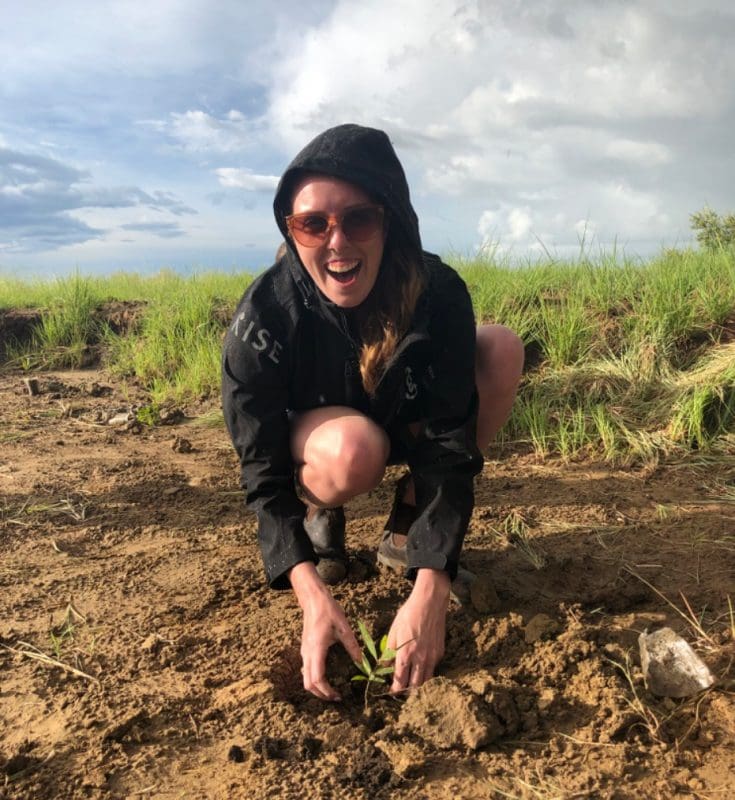
Is there anything you want to add about the importance of diversity or do you have anything to add in general?
I’m happy for the opportunity to represent Planeterra, and I hope that each time I speak about our community partners, I am doing so in a way that does the communities we work with justice, and gives their stories a platform. It’s so important that the travel industry amplifies and gives a platform to the voices of communities, women, and people of colour. When we’re telling stories of the places we travel to and the people we meet, we should always be doing so in a way that is respectful and gives credit to those whose stories we are telling.
To learn more about Women & Travel, watch as responsible travel experts Alessandra Alonso (founder and managing director, Women in Travel), Becki Enright (founder, Borders of Adventure), and Meenu Vadera (founder, Azad Foundation / Women With Wheels) discuss travel’s ability to empower women all across the planet with G Adventures’ founder, Bruce Poon Tip.









